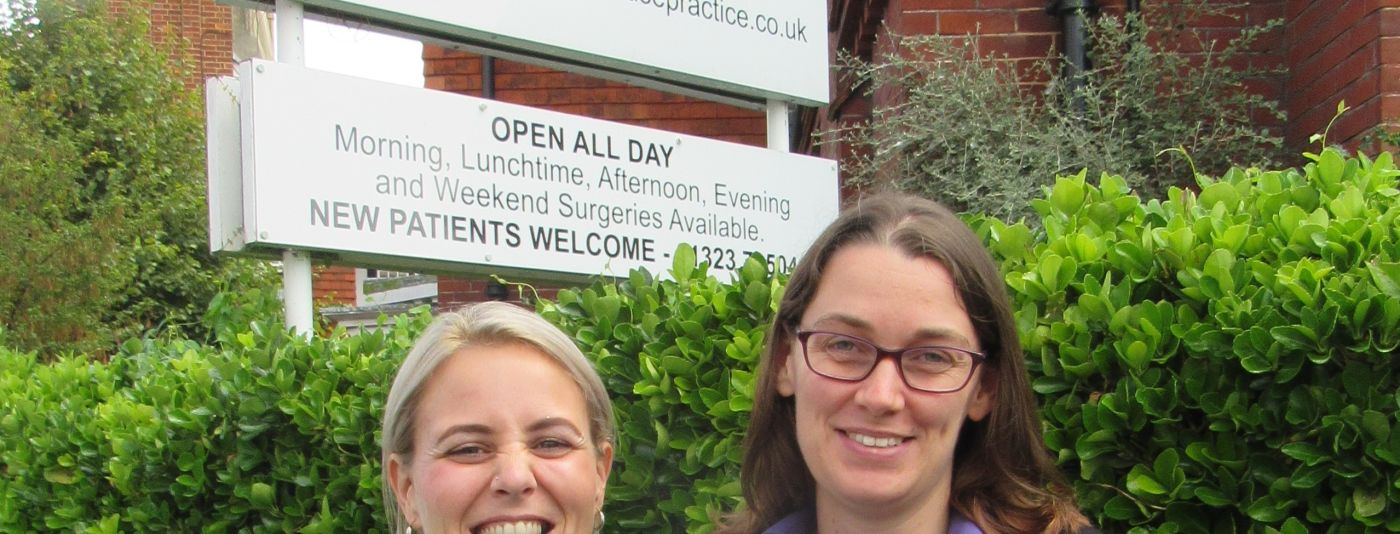
Carer-friendly GP practice checklist
Carole Gregory, Development Officer at Care for the Carers, delivers Carer Awareness Training as part of her role. Here, she outlines some key activities that medical practices could introduce to become more carer friendly.
If you work within a GP practice you could review what you currently do and consider how you could make some positive changes with the help of the following checklist. And if you’re a carer, but not sure if your GP practice has carer-friendly policies, you could show them this article or ask them to get in touch with Care for the Carers about how we can help.
1. Find spaces for promoting information for carers
- A notice board where you can display information – let staff and partners know about it
- A place for CareLine magazines and carer information leaflets
- Electronic patient information screen – if your surgery has one, please contact us for a slide you can use to inform patients about Care for the Carers
- Ensure the carer information your surgery provides is up to date (literature and website)
2. Identify yourself
- Put the name or picture of your Carers Lead on a poster informing people who to contact about carers issues at the surgery
- The Carers Lead could wear a Carers Ambassador badge
- Talk to people and let them know about your involvement with supporting carers,
- And, if required, staff who are carers
3. Spread the word
- Share the message that you are a ‘Carer Friendly’ practice with as many people as possible, as often as you can – on your website, newsletter, practice booklet
- Look for appropriate opportunities to have a conversation with those who you think might be in a caring role, including staff, and give them a leaflet or contact details
- Ensure your team know and they are also identifying opportunities to raise awareness
- Encourage, if possible, carers to get involved with your Patient Participation Group (PPG)
- Consider sending identified carers a welcome letter offering information about your carer-friendly practices
4. Make a difference
- Refer or encourage carers to make contact with Care for the Carers to access information and support – are you using the Carers Social Prescription?
- Support campaigns including Carers Week and Carers Rights Day, to raise awareness and involve your patients – have an information table on display at these times, share social media (photos work well), send text alerts – plan ahead
- Evidence the good work you do with carers, it will support Care Quality Commission inspections
- Consider if you can be more flexible with appointments for carers, ask if carers on your carers’ register? Do you have an Enhanced Support Plan (learning disability team) in place for the carer and cared for person? Are you offering health checks to carers specifically?
5. Remember – think carer
- It is important that everyone is involved
- Book Carer Awareness Training for all the team to support positive change and support for carers
- Stay in touch with Care for the Carers – sign up to receive our enewsletter, CareLine and updates
- Contact Care for the Carers if you have any questions or need further resources – invite us to your Multidisciplinary team meetings
- Develop or update any internal and external carer-related policies or protocols
- Ensure you support employees who are carers – part of building a Carer Friendly Workplace
See examples of some carer-friendly GP practices in East Sussex, and find out more about building a carer-friendly community.
References:
More News
Careline Spring edition is here!
The Spring edition of Careline is now available. Careline is the magazine for everyone who cares for a relative, friend or neighbour in East Sussex who couldn’t manage without your help Your...
It’s Young Carers Action Day!
It's Young Carers Action Day and we are working to raise awareness of young carers across the county. There are around 15,000 young carers living across East Sussex who help look after a family...
East Sussex College ESports student fundraiser
Students on the Esports course at East Sussex College created and ran a gaming fundraiser on Thursday 22nd February, in aid of local young people who are caring. They raised funds and awareness...







